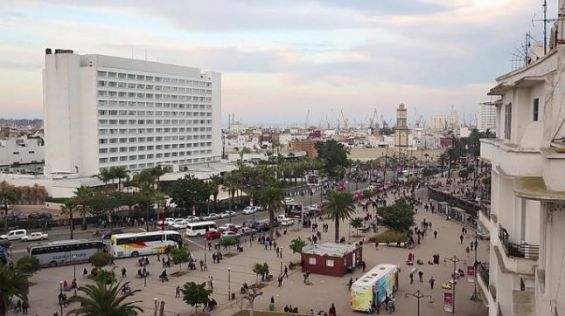Morocco is ranked 70th by the Global Competitiveness report issued on the 23th of September by the World Economic Forum, a Swiss nonprofit foundation based in Cologny. The 2017 edition indicates that the Kingdom is positioned 5th in Africa in terms of economic competitiveness preceded by the mauritius islands 45th, Rwanda 58th, South Africa 61st and Botswana 63rd. Overall, Switzerland tops the ranking followed by the United States 2nd, Singapore 3rd and the Netherlands 4th. On the other hand, three African countries are in the bottom of the list : Liberia, Chad and Mozambique. Yemen is ranked 137th, the last in the annual ranking.
Factors that slow competitiveness down in Morocco
The findings of the Global Competitiveness report are based on 12 main indicators, including infrastructure, macroeconomic environment, health and primary education, labor market efficiency and innovation.
The determinants of competitiveness are divided into three categories by the authors of the report. In the first, including health, primary education, institutions and infrastructure, Morocco is ranked 57th. In the second category, which includes higher education and the efficiency of the labor market, Morocco is positioned 85th. Finally, in the category of innovation and sophistication - the third category - Morocco is 74th.
According to the World Economic Forum, economic competitiveness in Morocco is slowed down by 16 factors. Corruption is at the top of the list by 15 points, followed by inefficient government bureaucracy which scored 13.8, access to financing by 11.4 and tax rates 10.8. Competitiveness is affected by the inadequately educated workforce (10.3), insufficient capacity to innovate (8.1), tax regulations (5.9), inadequate supply of infrastructure (5.4), poor work ethic in national labor force (5.0), restrictive labor regulations (4.5), foreign currency regulations (2.9), policy instability (2.0), poor public health (1.5), inflation (1.2), crime and theft (1.2), and government instability/coups, respectively (0.9). Security and stability have very little impact on competitiveness in Morocco, according to the report.
The objective of the report is to help decision-makers understand the multifaceted nature of development challenges. The report aims at helping politicians develop adequate policies that would guarantee economic prosperity and progress.





 chargement...
chargement...













